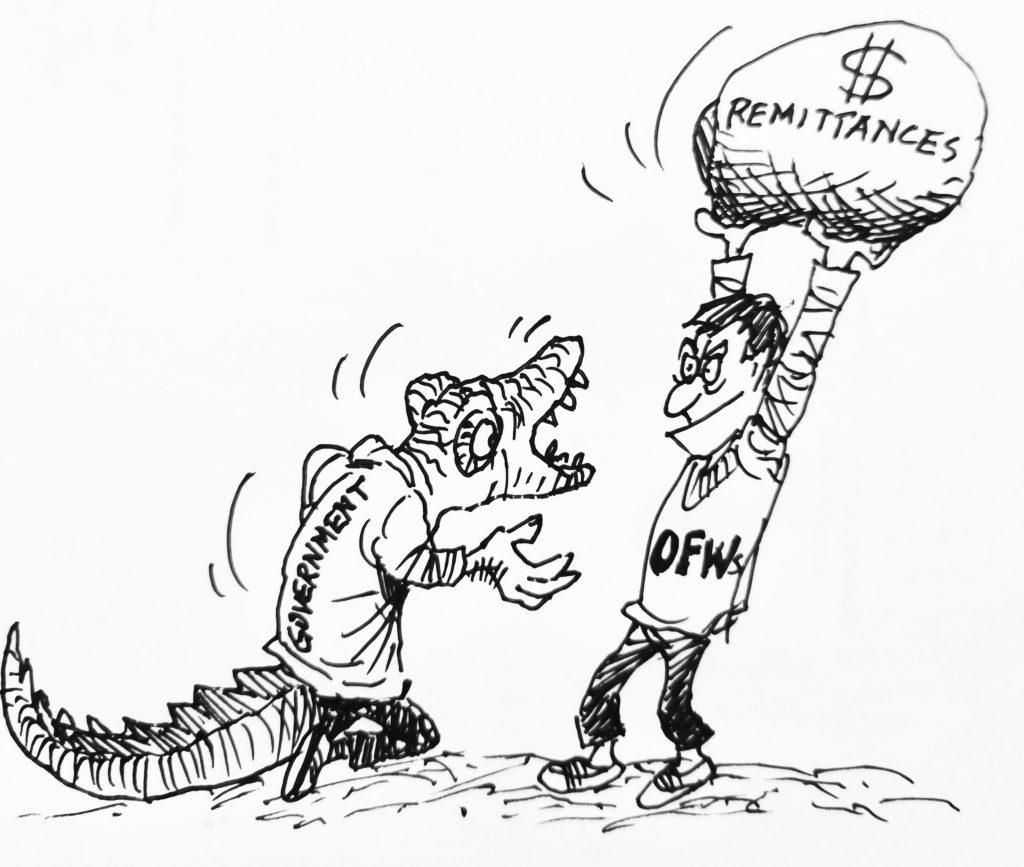The threat of overseas Filipino workers (OFWs) to boycott their remittances as a protest against the government’s worsening corruption is alarming. This bold move reflects the growing outrage of citizens who have long been betrayed by the leaders sworn to serve them. The situation calls for immediate moral reckoning within government ranks before it breeds a national catastrophe.
OFWs are the lifeblood of the Philippine economy. Their remittances, amounting to billions of dollars annually, sustain their families and the nation’s financial stability. These hard-earned funds prop up the peso, fuel domestic spending, and keep the country’s economic engines running despite internal weaknesses. If these remittances are withheld, the financial shock will be devastating—banks will lose liquidity, businesses will contract, and inflation will spiral, pushing the poor deeper into misery.
The threat itself is a powerful message that Filipinos abroad have grown weary of the endless stories of plunder, bribery, and ghost projects that enrich a few and impoverish the nation. Their call to boycott is not driven by hatred but by desperation—a desperate attempt to awaken a government that has long been deaf to public outrage. For decades, corruption has drained the nation’s resources, weakened its institutions, and destroyed public confidence. When those sustaining the economy take a stand, it should terrify the corrupt who live off the nation’s decay.
The consequences of such a boycott will not only cripple the economy but also paralyze the delivery of basic services. Education, healthcare, and infrastructure, which already suffer from budget mismanagement, will bear the heaviest toll. The poor—those most dependent on government aid and services—will suffer immensely, while the corrupt, cushioned by their stolen wealth, remain untouched. This tragic imbalance fuels the anger of the working class and the disillusionment of Filipinos abroad.
The government must act decisively to avert this looming economic rebellion. It must confront corruption not with lip service but with ruthless accountability—prosecute thieves, recover stolen funds, and enforce transparency at every level. Only then can trust be restored, the nation’s moral foundation be rebuilt, and the lifeblood of remittances continue to flow for the good of all. Anything less is an invitation to national ruin.




